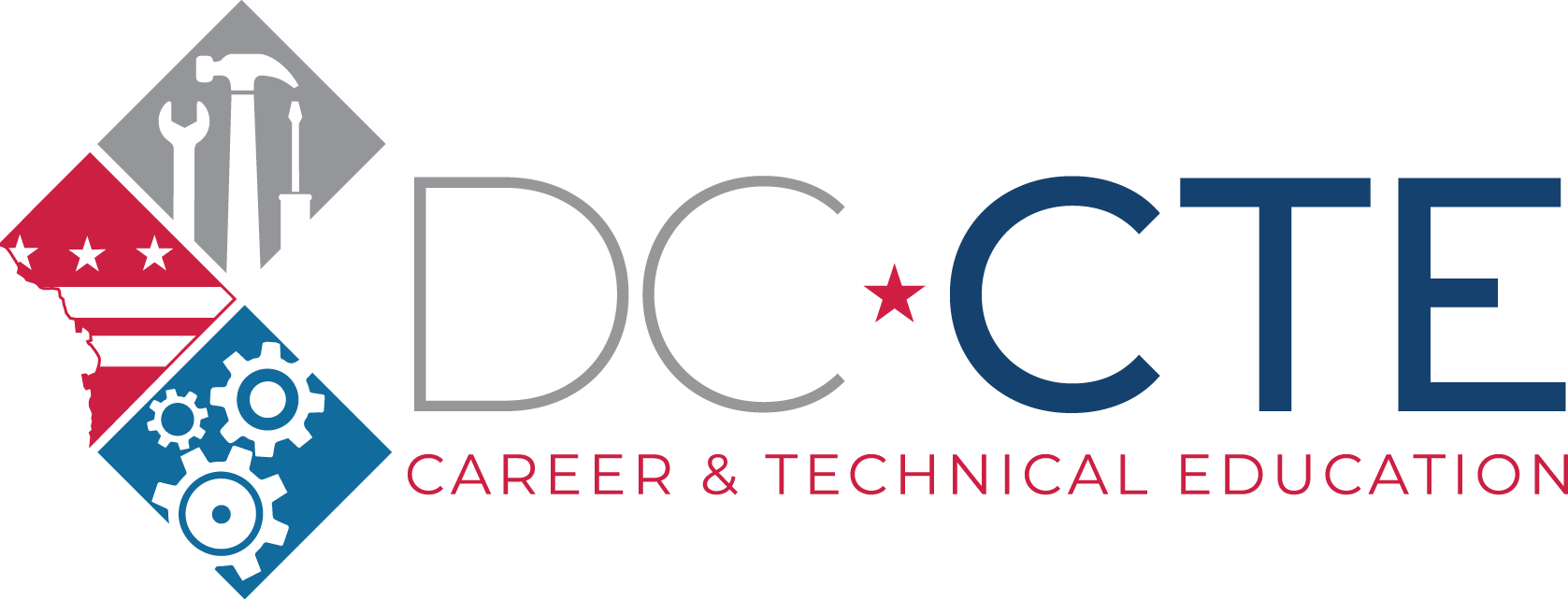Health Science
The Health Science Career Cluster focuses on planning, managing, and providing therapeutic services, diagnostic services, health informatics, support services, and biotechnology research and development.
Home » Programs » Health Science
The Health Science Career Cluster focuses on planning, managing, and providing therapeutic services, diagnostic services, health informatics, support services, and biotechnology research and development.
Biomedical science is a fascinating field that does really interesting stuff like using 3-D printers to make human organs and prosthetic limbs, building robots to perform life-saving surgeries, conducting stem cell research, and studying the proteins in jellyfish to find treatments that strengthen our immune systems. Biomedical engineers work in medical institutions, manufacturing and research facilities and universities. Career paths in this field include biomaterials developer, manufacturing engineer, independent consultant, doctor, rehabilitation engineer and medical technology developer.
There are now about 20,000 U.S. jobs in this field. The need is projected to jump 4 percent by 2028, primarily because of advances in technologies and the need to care for an aging population. Biomedical scientists make $78K per year on average in the DC metro area. Entry level jobs require a bachelor’s degree. And there are 51 job openings annually in the DC metro area. For more information on LMI data click here.
Principles of Biomedical Sciences – PLTW
Human Body Systems – PLTW
Medical Interventions – PLTW
Biomedical Innovations – PLTW
Biological scientists study living organisms and their relationship to the environment. They want to get a better idea of how the body works and apply that knowledge to develop new products or processes. Sometimes, their research is basic—without any intended aim—or applied, which is directed toward solving a specific problem.
Employment in this field is projected to grow 7 percent by 2028 as medical research demands continue to grow. Biological scientists make $59K per year on average in the DC metro area. Entry level jobs require a bachelor’s degree. And there are 327 job openings annually in the DC metro area. For more information on LMI data click here.
Principles of Biosciences
Biotechnology I
Biotechnology II
Practicum in Health Science: Biotechnology
Accident victims, people dealing with illnesses, and older adults sometimes need assistance with meal preparation, transportation to doctor’s appointments, and other routine activities. As a certified nursing assistant, or CNA, you’ll provide intimate, hands- on care to people in home and healthcare settings, helping with the basic activities of life.
Overall employment for CNAs is projected to grow 8 percent from 2019 to 2029, much faster than the average for all occupations. As the population ages, more CNAs will be needed to help care for an increasing number of older adults. CNAs make $45K per year on average in the DC metro area. Entry level jobs require an apprenticeship program, industry-recognized certification or credential, or a bachelor’s degree. And there are 2,907 job openings annually in the DC metro area. For more information on LMI data click here.
Principles of Health Science
Medical Terminology
Health Science Theory
Anatomy and Physiology
Practicum in Health Science: Certified Nursing Assistant Clinical
If you’re looking to launch a health science career without the commitment of a 4-year college degree or medical school, there are many career options available after high school with the right certification or with a 2-year degree. General health science career choices, like dental hygienist, ultrasound technician, paramedic, phlebotomy, surgical technician, medical assistant, or medical billing and coding specialist. With additional training or a college degree, you can work as a nurse, physician, physical therapist, clinical director, and many other occupations.
Overall employment in the health science fields is expected to grow by 15 percent by 2029. This projected growth is mainly due to an aging population, leading to greater demand for healthcare services. Employees in the general health science fields earn $68K per year on average in the DC metro area. Entry level jobs require an apprenticeship program, industry-recognized certification or credential, or a bachelor’s degree. And there are 2,907 job openings annually in the DC metro area. For more information on LMI data click here.
Principles of Health Science
Medical Terminology
Health Science Theory
Anatomy and Physiology
Medical Microbiology
General nurses provide direct patient care, administer doctor-prescribed medications, collect fluid samples, in addition to assisting physicians with exams, manage electronic medical records, and work to educate patients about medications, treatments, and healthy lifestyles. Any high school student can take this course because it is offered at the DC CTE Advanced Technical Center.
Employees in general nursing fields make $82K per year on average in the DC metro area. Entry level jobs require an apprenticeship program, industry-recognized certification or credential, or a bachelor’s degree. And there are 2,907 job openings annually in the DC metro area. For more information on LMI data click here.
Principles of Health Science
Medical Terminology
Anatomy and Physiology
Medical Microbiology
Office of the State Superintendent of Education (OSSE)
Government of the District of Columbia
1050 First St. NE Washington, DC 20002
